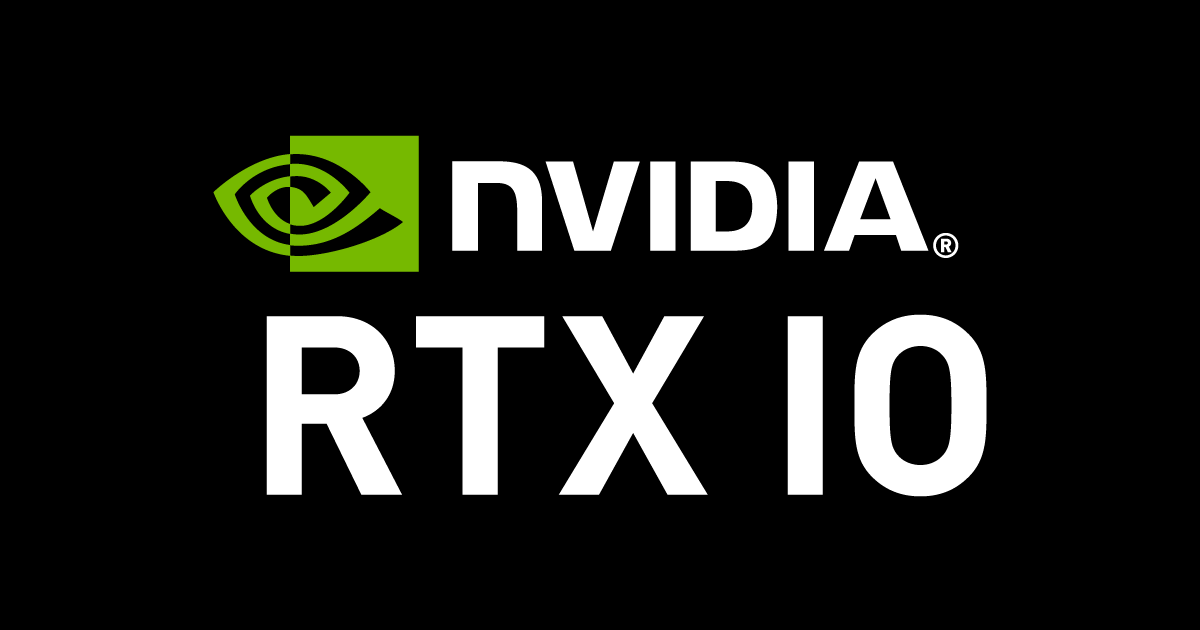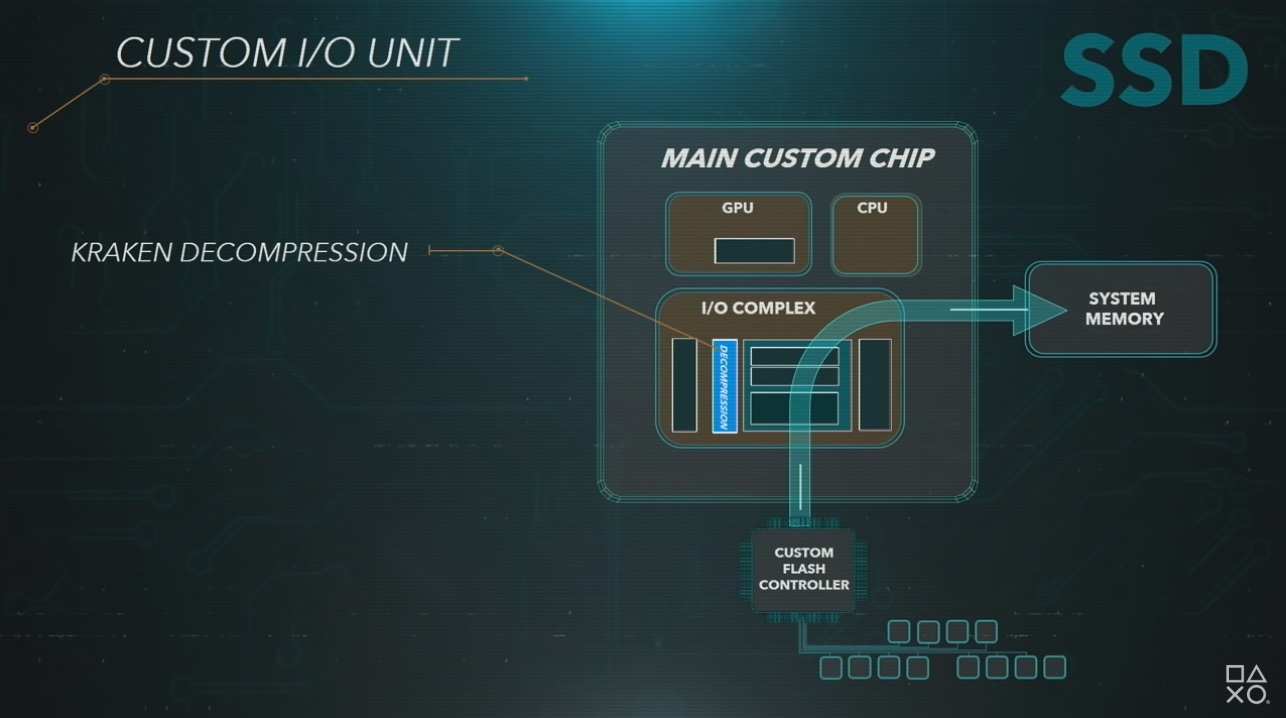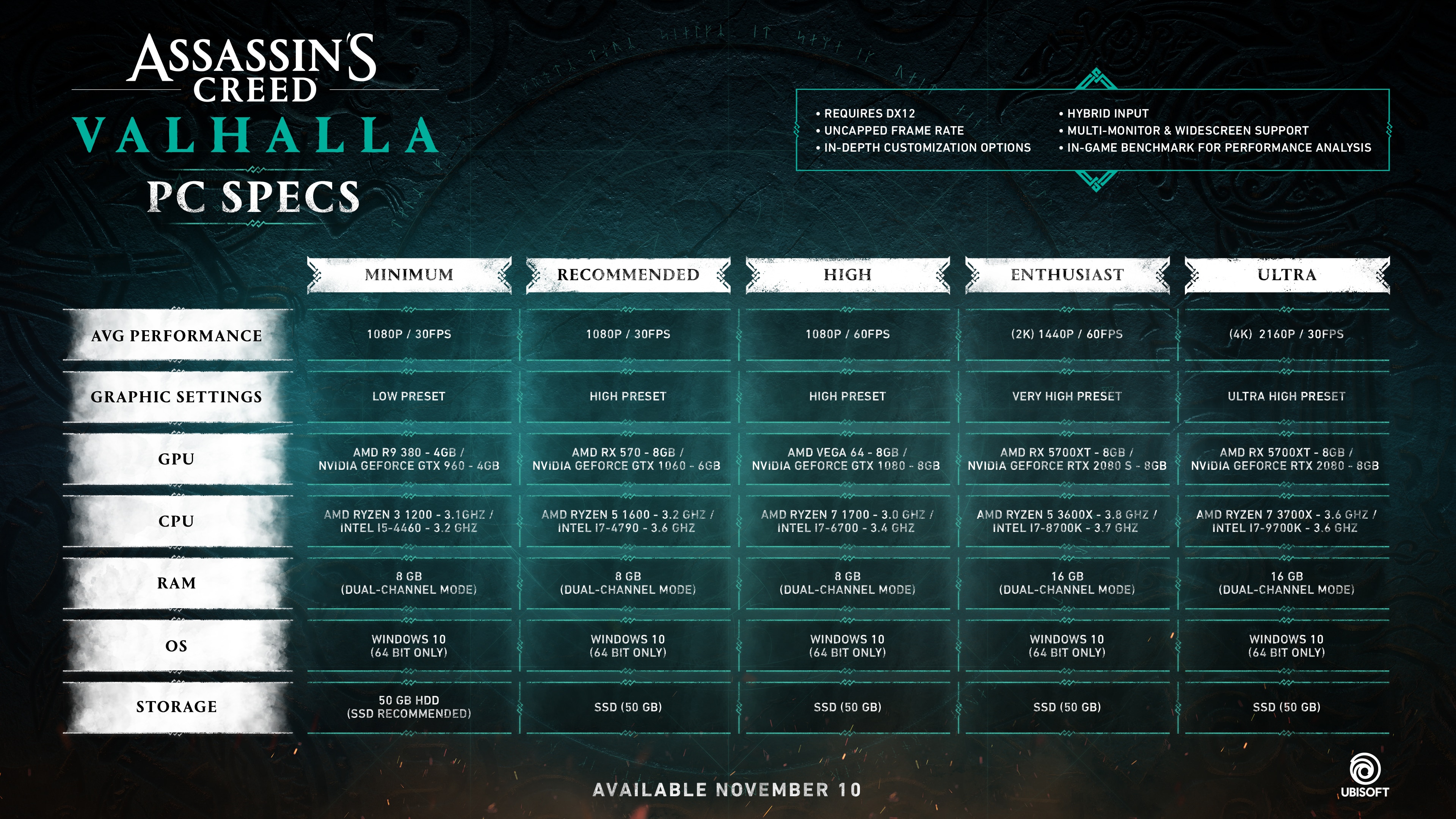I think we should be clear here there is a key difference between what DirectStorage do on PC and what consoles do.
Consoles have unified memory pool so the data doesn't transfer between SystemRAM and VRAM.
How consoles load and do decompression of assets will not be achievable in how the PC hardware is structured today.
What DirectStorage will do in the future (after get the GPU decompression part): SSD > SystemRAM > VRAM > GPU Decompression.
What actual consoles do: SSD > Decompression Units > Unified RAM.
If you ask how DirectStorage do today without GPU Decompression: SSD > SystemRAM > CPU Decompression > VRAM.
The only way to PC works like consoles is if there are Unified RAM and a Decompression Unit between SSD to RAM.
Click to expand...




.jpg)

